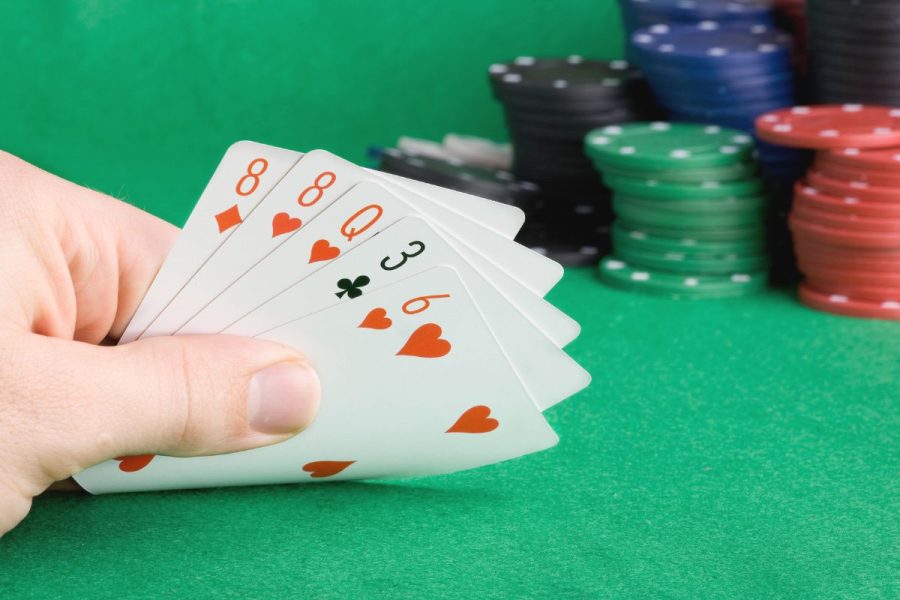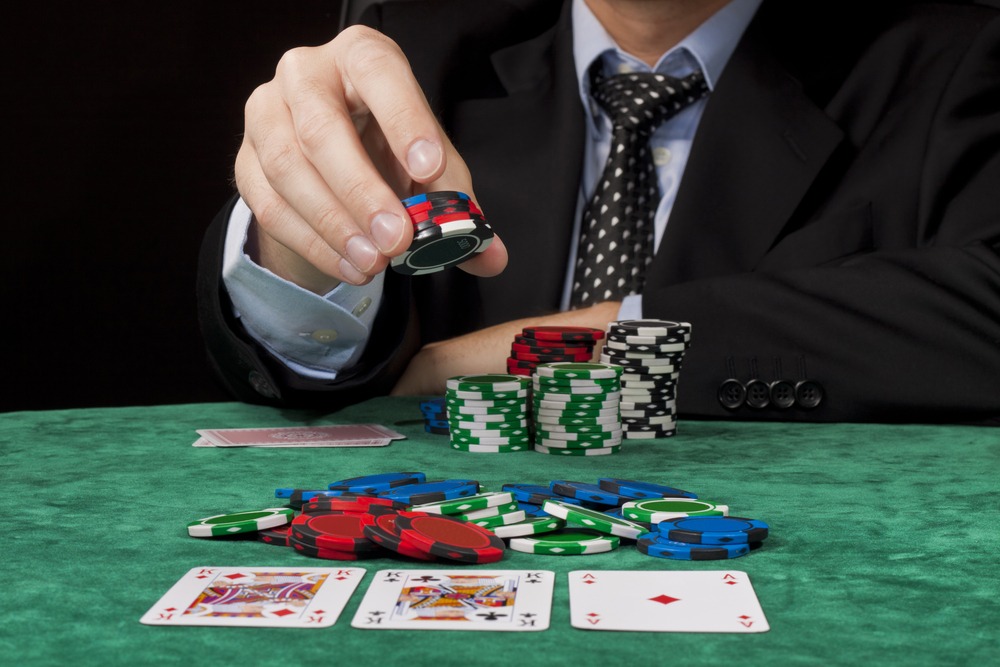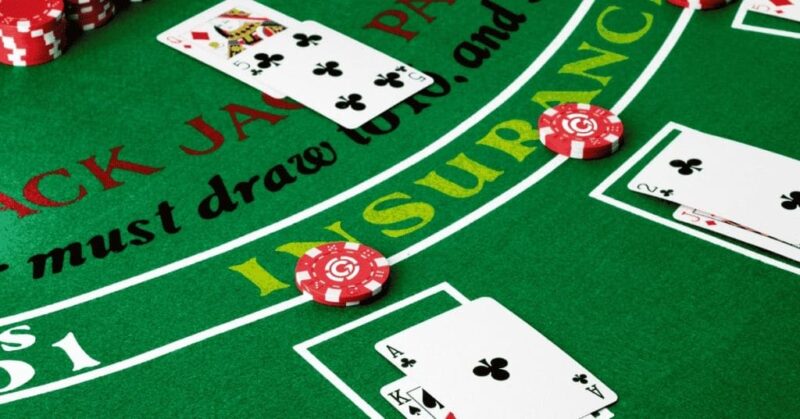Stepping into the vibrant atmosphere of a casino is like entering a world where thrill and risk intertwine, captivating the senses with lights, sounds, and the promise of fortune. Yet, behind the glamour of roulette wheels spinning and cards being dealt lies a complex web of mathematics that can shift the balance of luck.
Can you, armed with a grasp of probabilities, statistics, and game theory, actually turn the odds in your favor? While many players rely on instinct or luck, a deeper understanding of mathematical principles offers a different kind of mastery. Imagine navigating through the maze of games with the savvy of a statistician, making informed decisions that could tilt the outcome ever so slightly—enough to enhance your chances of success.
In this exploration, we’ll dive into the fascinating interplay between math and gambling, revealing strategies that just might transform your next visit to the casino into a more favorable endeavor.
The Role of Probability in Casino Games

Probability is the heartbeat of casino games, where fortunes are won and lost in the blink of an eye. In the dazzling world of roulette, for instance, the house edge lurks beneath the spinning wheel, ensuring that while players can experience exhilarating highs, the odds are often stacked against them.
Every card in Blackjack holds a weight; knowing when to hit or stand is a dance with chance, dictated by the unseen probabilities at play. Slot machines, with their vibrant lights and enticing sounds, operate on random number generators, making each spin an unpredictable gamble—gamblers are at the mercy of luck and algorithms.
Yet, amidst this chaos, savvy players who comprehend these mathematical underpinnings can find pathways through the haze, calculating risks and making informed choices that may tilt the scales slightly closer to their favor. With each roll of the dice, the thrilling interplay of luck and logic unfolds, reminding us that in this realm, understanding the numbers may just be the key to enhancing the thrill of the game.
Card Counting: Myth or Mathematical Mastery?

Card counting, often cloaked in a veil of myth and mystique, stands as a testament to the fine line between sheer luck and mathematical cunning in the world of casinos. At first glance, the concept seems deceptively simple: a technique employed to track the ratio of high cards to low cards remaining in the deck, thereby granting players an edge in their betting strategies.
However, the reality is far more complex. While films and folklore have romanticized card counting as an audacious thrill ride, the actual mastery of this skill requires not only a keen mathematical mind but also an ironclad focus amid the chaos of the casino floor.
Players must be quick, calculating the odds in real time, all while navigating the watchful eyes of casino surveillance. So, is card counting a clever mathematical mastery or just an overrated gamble with fate? The truth lies somewhere in the dizzying dance of numbers, strategy, and the human psyche.
The Future of Gambling: Technology, Math, and the Casino Experience

As we peer into the horizon of gambling, a fascinating convergence of technology and mathematics is reshaping the casino experience. Picture this: augmented reality glasses enhancing your gameplay by overlaying crucial statistical data in real-time, or sophisticated algorithms analyzing vast amounts of betting patterns to suggest optimal strategies that could tip the odds in your favor.
The rise of artificial intelligence in casinos goes beyond merely tracking player behavior; it’s revolutionizing everything from game design to personalized experiences. Imagine a casino floor pulsating with the energy of digital currency transactions, where blockchain technology ensures transparency and fairness in every spin of the roulette wheel.
But amidst these innovations, the age-old allure of risk remains, drawing high rollers and casual players into a dance of chance and skill, where mathematical principles serve as the underpinning for survival and success in a realm teeming with uncertainties. The future is bright, yet unpredictable, and it begs the question: can you truly turn the odds in your favor, or will the house always hold the edge?
Conclusion
In conclusion, while the allure of the casino is undeniable, understanding the mathematical principles that govern games can significantly enhance your chances of success. By embracing strategies such as studying probabilities, managing your bankroll wisely, and selecting games with favorable odds, you can turn the odds in your favor and elevate your gaming experience.
It’s essential to remember that while luck plays a role, informed decision-making rooted in math can shift the balance. For more insights and strategies related to casino games, resources such as https://spy-casino.com/ can serve as valuable tools in your journey to becoming a more astute player. Keep the excitement alive, but always play responsibly and with a strategic mindset.


